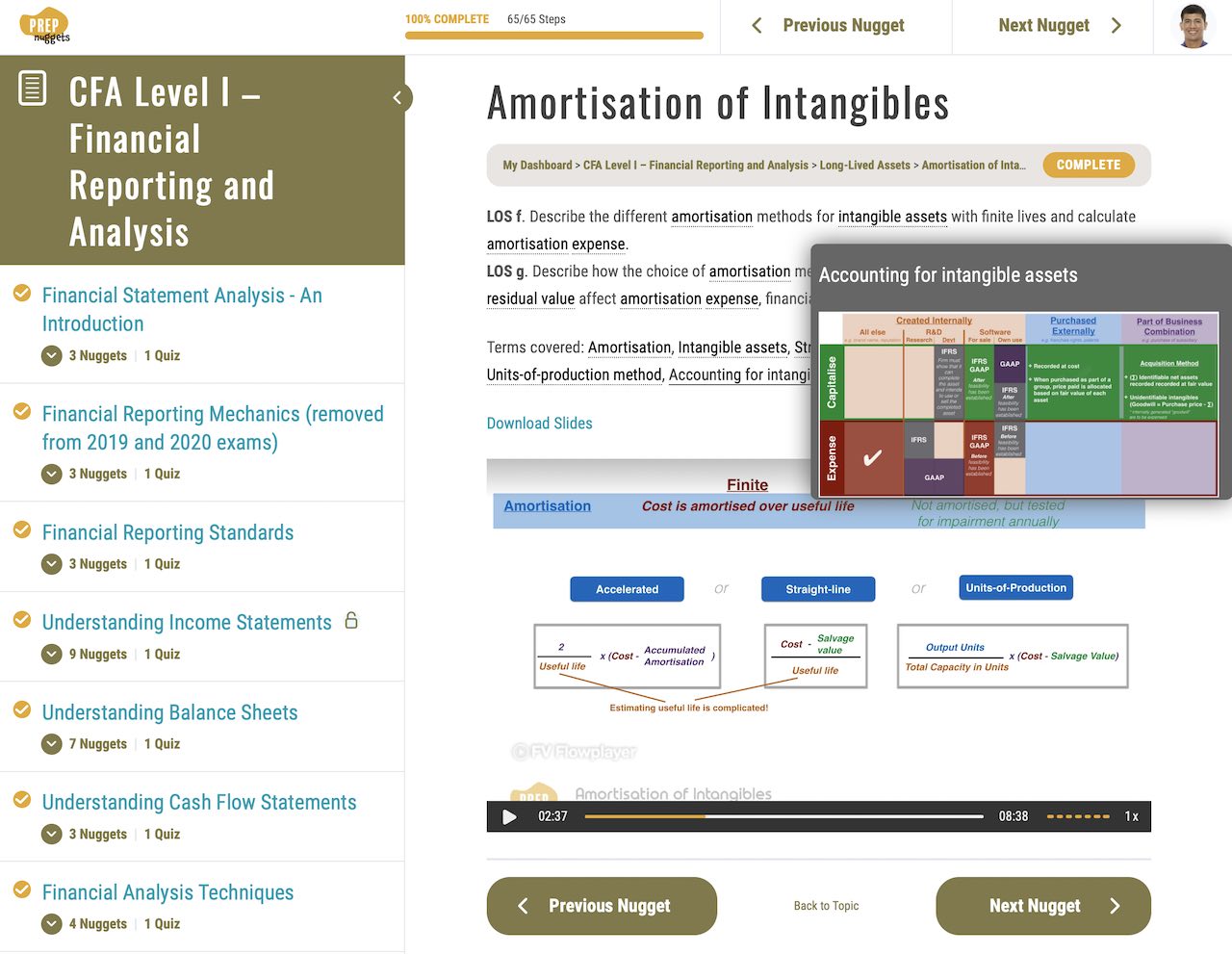Legal, Regulatory, and Tax Considerations | CFA Level I Fixed Income
The Landscape of Bond Issuance
Bonds, an integral part of global finance, are subject to various regulations depending on where they are issued and traded. Understanding the classification of bonds based on their issuance and trading environment is key to grasping the regulatory frameworks that govern them.
Domestic Bonds
At the most basic level, we have domestic bonds. These are issued by entities within their home country and are traded in the local currency. For instance, an Australian company issuing bonds in AUD within Australia is dealing with domestic bonds. Similarly, a US-based company issuing bonds in USD for the US market falls under the same category.
EXAMPLE:
If Qantas, Australia’s national airline, issues an Aussie Dollar bond in the Australian market, it’s a domestic bond. Conversely, if McDonald’s issues a US dollar bond in the US market, it too is considered a domestic bond.
Foreign Bonds
Moving beyond borders, corporations often issue foreign bonds in markets outside their home country, denominated in the local currency of the market where they are traded. For example, a bond issued by Qantas in the US market, denominated in US dollars, is classified as a foreign bond, specifically known as a Yankee bond in the US.
EXAMPLE:
Similarly, a McDonald’s bond trading in Australian dollars in the Australian market is a foreign bond, termed a Kangaroo bond.
Regulatory Considerations for Bond Issuance
Each market’s regulations significantly impact the issuance and trading of bonds. For instance, if a corporation finds US regulations too stringent, it might opt for the Eurobond market, known for its flexibility and lesser regulation.
Eurobonds
Eurobonds are a fascinating aspect of the global bond market, allowing issuers to circumvent stringent regulations. Named after the currency in which they are denominated, Eurobonds offer a versatile option for issuers. A US dollar-denominated bond issued by Qantas in the Eurobond market would be referred to as a Euro-dollar bond.
It’s crucial to note that Eurobonds are not confined to the European market; they transcend national jurisdictions, often resulting in less regulatory oversight.
Global Bonds
For large-scale financing needs, issuers might opt for global bonds, simultaneously issued in multiple markets, including domestic, foreign, and Eurobond markets. This strategy allows issuers to tap into a broader capital pool across different investor bases.
Tax Considerations for Bond Income
Taxation on bond income can vary widely, influenced by the bond’s issuance location, the market where it’s traded, and the investor’s citizenship.
Interest Income and Capital Gains
Generally, interest income from bonds is taxed as ordinary income. However, certain government bonds might offer tax exemptions. Profits or losses from selling a bond before maturity are treated as capital gains, which could be taxed differently than ordinary income.
Zero-Coupon and OID Bonds
Zero-coupon bonds and Original Issue Discount (OID) bonds present unique tax considerations. These bonds do not pay explicit interest, yet the implicit interest earned as the bond’s price appreciates towards its par value is taxable. Tax authorities often treat the discount at issuance as a form of interest, taxable annually.
✨ Visual Learning Unleashed! ✨ [Premium]
Elevate your learning with our captivating animation video—exclusive to Premium members! Watch this lesson in much more detail with vivid visuals that enhance understanding and make lessons truly come alive. 🎬
Unlock the power of visual learning—upgrade to Premium and click the link NOW! 🌟









